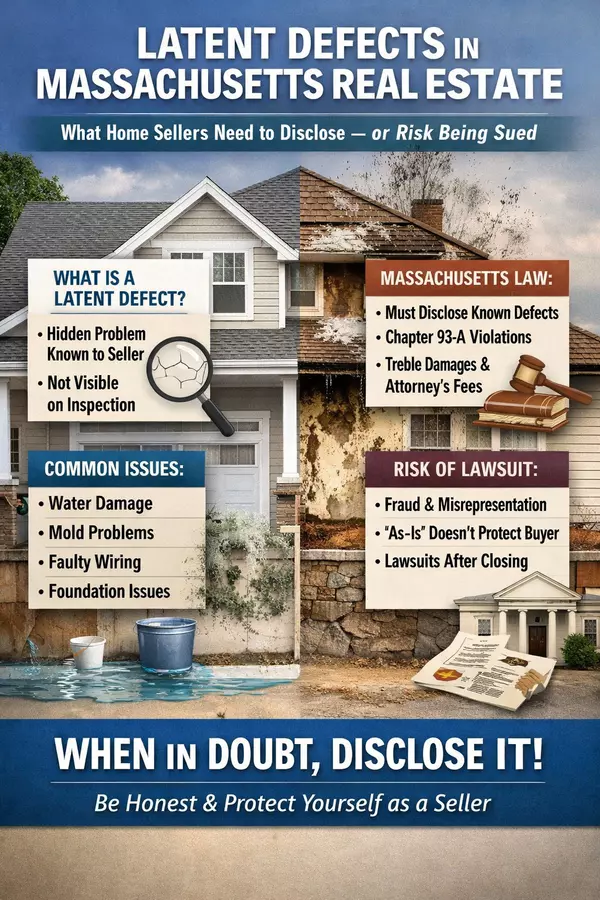Selling a Home That’s Part of an Estate: Understanding the Probate Process and Timeline

Selling a Home That’s Part of an Estate: Understanding the Probate Process and Timeline
Selling a home after the death of a loved one can be emotionally and legally complex. If the property is part of an estate, you’ll likely encounter probate, the court-supervised process for transferring ownership of assets. Knowing what to expect can help you avoid delays and make informed decisions.
What Is Probate?
Probate is the legal process of validating a will (if there is one) and settling the deceased person’s estate. During probate, the court ensures that debts, taxes, and other obligations are satisfied before assets—including real estate—are distributed to heirs or sold.
In Massachusetts, the type of probate (informal vs. formal) will determine how quickly you can sell the property.
➡️ Learn more about Massachusetts probate real estate sales on our detailed guide: Massachusetts Real Estate Probate & Estates.
 Typical Probate Timeline
Typical Probate Timeline
While every estate is unique, here’s a general timeline to help you plan:
-
Filing the Petition (Week 1–4): The executor or personal representative submits paperwork to the Probate and Family Court.
-
Appointment of Personal Representative (1–3 Months): The court officially appoints the person authorized to manage the estate and sign listing/sales documents.
-
Notice to Creditors (3–6 Months): Creditors are notified, and debts must be settled before the sale can close.
-
Marketing and Sale of the Property (Varies): Once the personal representative is appointed, the home can be listed. Closing may occur while probate is ongoing, but proceeds are typically held in the estate account until final approval.
-
Final Settlement (6–12+ Months): The estate is closed after all claims and taxes are resolved.
Pro Tip: Starting preparations—cleaning, appraisals, and real estate consultations—early can shorten your market time once court approval is granted.
Key Steps for a Smooth Estate Sale
-
Hire an Experienced Probate Realtor: A Massachusetts agent familiar with probate can coordinate with attorneys and ensure court requirements are met.
-
Secure the Property: Change locks, maintain insurance, and keep utilities on to avoid deterioration.
-
Gather Documentation: Have the death certificate, will (if any), and court paperwork ready for buyers and title companies.
-
Price Strategically: Estate properties often benefit from professional valuations to balance fair market value with a timely sale.
Why Work With a Probate Real Estate Specialist
Selling a home during probate is not like a standard sale. An experienced agent can help you:
-
Navigate legal disclosures
-
Coordinate with the personal representative and attorney
-
Market the property to serious buyers while meeting court requirements
For personalized guidance, visit our comprehensive resource on Massachusetts Real Estate Probate & Estates or contact Armstrong Field Real Estate today.
This article is for informational purposes only, and a qualified probate attorney should be consulted before listing a home that is part of an estate.
For more information, contact Jim Armstrong..
Categories
- All Blogs (99)
- Beverly, MA (4)
- Buying a Home (42)
- Condos For Sale (3)
- Home Ownership (28)
- Homes For Sale (7)
- Living on the North SHore (11)
- Mortgages (4)
- Prospective Real Estate Agents (1)
- Real Estate Careers (8)
- Real Estate Market Conditions (20)
- Real Estate School (1)
- Salem, MA (6)
- Selling a home (49)
Recent Posts












